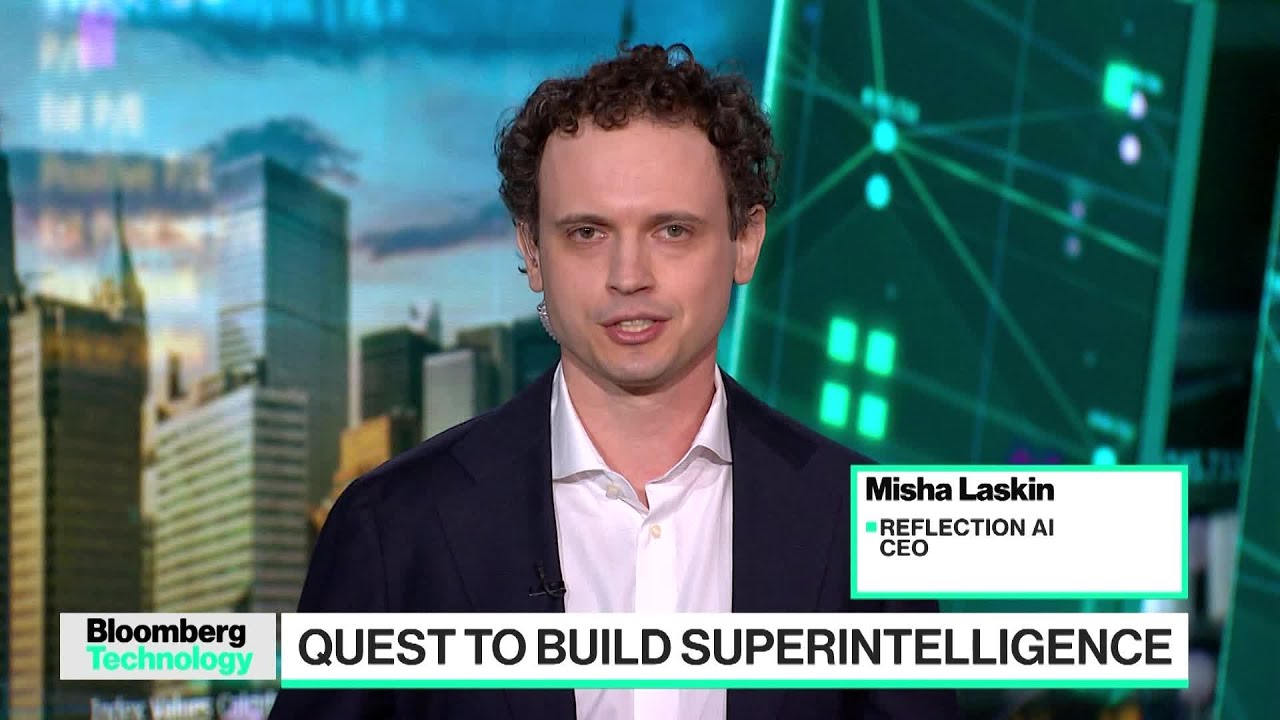Misha, co-founder and CEO of Reflection AI, discussed the company’s mission to develop autonomous coding systems that surpass human capabilities, emphasizing the importance of real-world customer feedback for refining their tools. He highlighted the unique approach of their AI, which aims to empower engineers by handling tedious tasks autonomously, while also addressing safety concerns and the evolving role of engineers in the workforce.
In a recent discussion, Misha, the co-founder and CEO of Reflection AI, shared insights about the company’s mission to develop highly reliable autonomous coding systems. Misha emphasized that the team, comprised of researchers and engineers from Frontier Labs, aims to create superintelligence by focusing on coding capabilities that surpass human abilities. The goal is to build systems that can autonomously generate code, moving beyond the traditional role of coding assistants.
Misha explained the rationale behind establishing Reflection AI, highlighting the importance of being closely connected to product development and customer feedback. He believes that real-world evaluations are crucial for success, and by engaging directly with customers, the company can better align its mission with user needs. This approach allows Reflection AI to refine its offerings based on practical applications and user experiences.
When discussing the competitive landscape, Misha acknowledged the presence of established coding tools, such as those from Microsoft, which serve as popular aids for developers. However, he noted that Reflection AI’s tool is designed to empower engineers by taking on tedious tasks, thereby allowing them to focus on higher-priority work. Misha envisions a future where engineers act as architects, supported by AI systems that can execute their visions autonomously.
The conversation also touched on the topic of AI safety, particularly in light of concerns surrounding superintelligence. Misha reassured that safety is a top priority for Reflection AI, with a focus on practical safety measures. He mentioned the importance of iterating with customers and ensuring that AI systems are aligned with user needs from the outset, incorporating guardrails to mitigate risks.
Finally, Misha addressed concerns about the impact of AI on the labor force. He suggested that while AI may offload some engineering tasks, the ability to ask the right questions and design effective systems will remain essential skills. He also highlighted the uniqueness of Reflection AI’s approach, stating that their systems are fundamentally autonomous, capable of taking users from point A to point B without requiring constant human intervention, distinguishing them from existing coding products that still rely heavily on human input.
